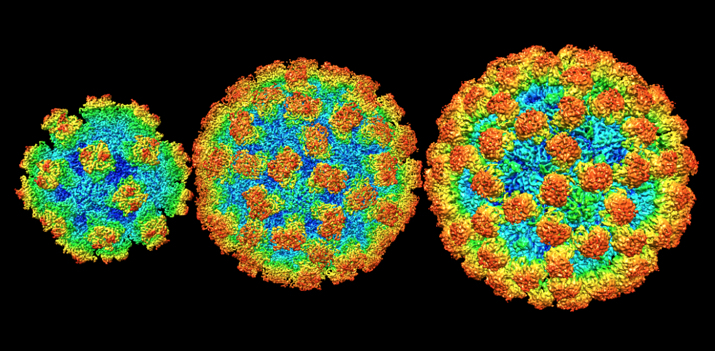Stomach Flu

What is Stomach Flu?
'Stomach flu' is a common term for what is medically known as gastroenteritis, an inflammation of the stomach and intestines. Despite its name, it's not related to influenza. It's typically caused by viral infections, but bacteria, parasites, and certain medications or foods can also cause it.
Who's at Risk for Stomach Flu?
Stomach flu affects people of all ages, but children, the elderly, and those with compromised immune systems are more susceptible. It's particularly common in crowded environments like schools or nursing homes.
What Causes Stomach Flu?
Stomach flu is most commonly caused by viruses, such as norovirus or rotavirus. Other causes include bacteria like E. coli or salmonella, parasites like giardia, or reactions to certain medications or foods.
How does Stomach Flu Start?
Stomach flu typically starts after the ingestion of contaminated food or water or close contact with an infected person. The pathogens irritate the lining of the stomach and intestines, leading to symptoms.
What are the Symptoms of Stomach Flu?
Symptoms of stomach flu include diarrhea, vomiting, nausea, stomach cramps, low-grade fever, muscle aches, and fatigue. Symptoms usually appear 1-2 days after exposure to the pathogen and can last for a few days.
How is Stomach Flu Diagnosed?
Stomach flu is usually diagnosed based on symptoms. In severe or prolonged cases, stool samples may be tested to identify the causative pathogen.
How can Stomach Flu be Treated?
Treatment of stomach flu mainly involves managing symptoms and preventing dehydration, which can result from diarrhea and vomiting. This typically includes rest, fluid intake, and over-the-counter medication for symptom relief. In severe cases, hospitalization may be needed for intravenous fluids and electrolytes.
What Complications may Occur with Stomach Flu?
The most common complication of stomach flu is dehydration, which can be serious, especially in children and the elderly. In rare cases, certain types of bacterial gastroenteritis can lead to severe complications like hemolytic uremic syndrome, a condition characterized by kidney failure.
How can I Prevent Stomach Flu?
Prevention of stomach flu centers on good hygiene practices like regular hand washing, especially before eating and after using the toilet. Avoiding close contact with infected individuals, consuming safe food and water, and getting vaccinated against certain types of gastroenteritis, like rotavirus, can also help prevent infection.
Long-term Management of Stomach Flu
Stomach flu is typically an acute condition, and long-term management isn't usually required. However, maintaining hydration and gradually reintroducing foods after an episode is crucial.
What is Recent Research Saying About Stomach Flu?
Recent research on stomach flu focuses on understanding the different pathogens that cause gastroenteritis, their mechanisms of action, and exploring potential treatments and preventive strategies, such as new vaccines.
Where can I go for More Information on Stomach Flu?
For more information on stomach flu, you can visit health information websites like the Centers for Disease Control and Prevention (CDC), Mayo Clinic, or the World Health Organization.

